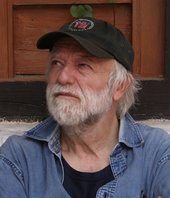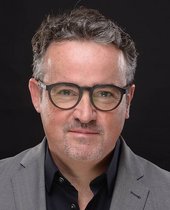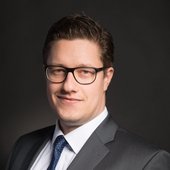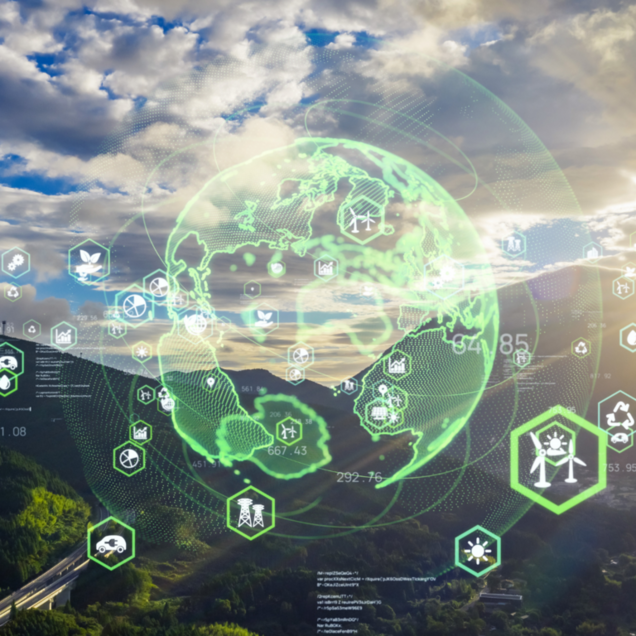Dates Summersemester 2025
| 25.03.2025 | 17:00 | CO2 balancing and measures to reduce the CO2 footprint with Mission Zero and the GreenTech Valley Cluster | Michael Dunkl | WebEx & Studienzentrum HS1 |
| 15.05.2025 | 17:00 | Geological CO2 Storage - Technology & Austrian Potential* | Holger Ott | WebEx |
| 22.05.2025 | 17:00 | Paper production process with the raw material waste paper - insight into the opportunities and challenges | Georg Schneidl | WebEx |
| 05.06.2025 | 17:00 | Leonard Peltier: I am the Indian Voice, listen to me!* | Claus Biegert | WebEx & Studienzentrum HS1 |
05.06.2025: Leonard Peltier: I am the Indian Voice, listen to me!
Claus Biegert & Mitch Walking Elk presented by Christian Teichert
Abstract
On February 18, 2025, the 80-year-old Native American activist Leonard Peltier was finally released after almost 50 years in prison for a crime - he never admitted - to house arrest. Completely omitted by the European mainstream media, the First Nations in Northern America celebrated this success of the decade-long international movement “Free Leonard Peltier” and welcomed their spiritual head at home in North Dakota. Documentary filmmaker Claus Biegert, who visited Leonard Peltier in the high-security prison, will present parts of his documentary “I am the Indian Voice,” and Native American singer-songwriter Mitch Walking Elk will report about the current situation of Leonard Peltier and the First Nations in the US.
About the speaker

Claus Biegert, born in 1947, is a German journalist and documentary filmmaker. He is known for his work on the Native Americans in the US and Canada and their threat by uranium mining and nuclear weapons tests. His six-part podcast series "In the Spirit of Crazy Horse" was dedicated to Leonard Peltier's release from prison. Currently, Claus Biegert dedicates his activities to the rights of nature.
22.05.2025: Paper production process with the raw material waste paper - insight into the opportunities and challenges
Georg Schneidl
Abstract
Waste paper is a central and very important raw material in the paper industry. However, the availability of recovered paper, the procurement of recovered paper and the preparation process are associated with challenges for the paper industry. The aim of this presentation is to provide a more detailed technical description of the waste paper preparation process, to highlight its limitations and to present future developments in a simple and understandable way.
Georg Schneidl is working as Project Technology Manager at Mondi AG in Duino and has previously worked as Paper Technology Manager, Paper Technology Engineer and Consultant. Before that he worked as Engineering Project Manager at Norske Skog in Bruck. Mr. Schneidl completed both his Bachelor's and Master's degree in Industrial Environmental Protection at the Technical University of Leoben. During his studies, he gained practical experience in the paper industry, including at Andritz, Sappi and Heinzel AG, and worked on international projects in countries such as Sweden, the Czech Republic, Slovakia, the USA and South Africa. This extensive experience makes him an expert in the paper industry.
Abstract
Carbon Capture and Storage (CCS) is a technology long called for by the Intergovernmental Panel on Climate Change (IPCC) and the European Union but is still banned in Austria and the subject of heated debate. CCS enables (a) the capture and long-term storage of CO2 from industrial sources to prevent its release into the atmosphere, and (b) the direct capture of CO2 from the atmosphere (e.g. from biomass - BECCS) to achieve negative emissions. CCS is therefore seen (in some parts of the world) as the key to decarbonizing CO2-intensive industries, especially for emissions that are difficult to avoid, and to actively reducing atmospheric CO2 concentrations. The presentation gives a brief overview of the CCS technology chain, in particular geological storage, and discusses the underlying storage mechanisms and aspects of storage safety. The necessity of implementing CCS and BECCS will be discussed on the basis of energy and climate scenarios, and examples of ongoing CCS projects will be presented. Finally, it will be discussed to what extent and in what form geological CO2 storage is an option for Austria to achieve climate neutrality while maintaining the competitiveness of the Austrian CO2-intensive industry.

Prof. Holger Ott studied physics in Stuttgart and Berlin and received his doctorate from the Free University of Berlin in 2004 with a focus on solid-state physics. Before moving to industry in 2006, he was a scholarship holder and postdoctoral researcher at the University of Tokyo (2002) and at the University of Cologne (2004-2006). From 2006 Holger worked as a senior scientist and project manager at Shell Global Solutions International B.V. in the Netherlands and was, among other positions, scientific director of geological CO2 storage. During this time, Prof. Ott taught as an honorary professor at Imperial College London and completed his habilitation in Applied Geosciences at RWTH Aachen University in Germany in 2015. In 2016, Prof. Ott was appointed to the Technical University of Leoben. He holds the Chair of Reservoir Engineering and is Head of the Department Geoenergy. His primary research interests are CCS, the decarbonization of fossil fuels and geological energy storage.
25.03.2025: CO2 balancing and measures to reduce the CO2 footprint with Mission Zero and the GreenTech Valley Cluster
Michael Dunkl
Abstract
Climate protection and sustainability are key challenges for today's economy. The EU taxonomy brings with it both new challenges and valuable opportunities. As part of our event, we would like to introduce important aspects such as climate accounting and the CO2 footprint and present concrete measures. This event is organized in cooperation with the Montanuniversität Leoben, the TripleN-Talks and the GreenTech Valley Cluster.
Following the presentation, we invite you to an exciting excursion to the main square in Leoben. Here, a redesign was carried out in 2024 according to the sponge city principle, which impressively demonstrates how trees can take on important balancing work in cities and on company premises.

Michael Dunkl is Managing Director of Mission Zero Klimapartner GmbH and works as an environmental consultant, CO₂ balancer and strategic sparring partner for companies that not only want to claim sustainability, but also make it measurable. He focuses exclusively on the E in ESG: emissions, energy, efficiency. With clear data, reliable carbon footprints and practical advice, he enables his clients to act in an ecologically sound and economically viable manner. His focus is on transparency - both internally and externally. Because sustainable change does not need greenwashing, but substance, orientation and implementation strength.





